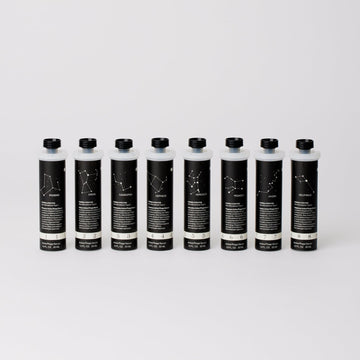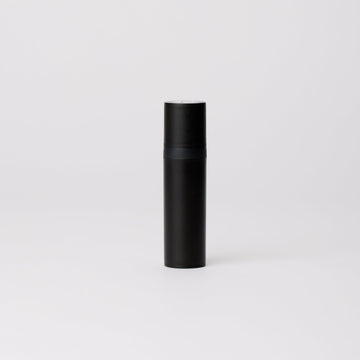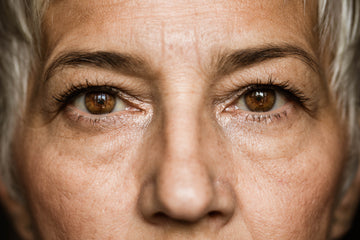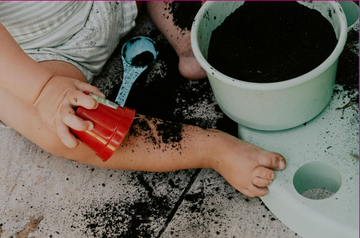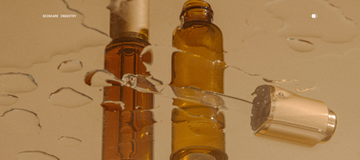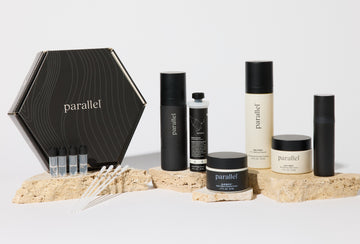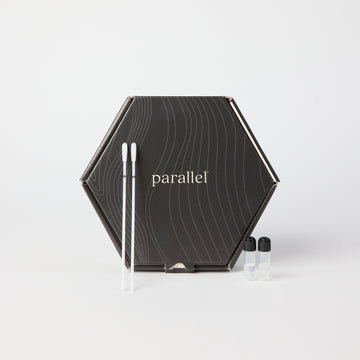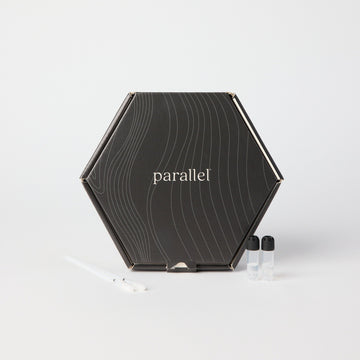Public health experts are concerned about a bacterial threat that was once isolated to Australia but may now be present in U.S. soil. The bacterium Burkholderia pseudomallei has been detected in certain regions across the United States and along the Gulf Coast, sparking concern among public health experts due to its link with melioidosis, a potentially life-threatening disease. Known for causing multiple fatalities in Australia, experts suggest it may have been spread through hurricanes and tropical storms, increasing its reach. Here’s what you should know about potential health risks, soil safety, and simple precautions to protect yourself.
Burkholderia pseudomallei and Melioidosis
Burkholderia pseudomallei is a bacterium commonly found in soil and water in tropical climates, like Northern Australia and Southeast Asia, that causes melioidosis. Melioidosis is an infectious disease that can be difficult to diagnose due to its flu-like symptoms. Symptoms can range from respiratory issues and fever to more severe conditions such as abscesses and neurological impairments.
In a press release, the CDC underscored the growing concern: while this bacterium has historically been isolated to tropical regions, recent samples confirm its presence in U.S. soil, creating new risks. B. pseudomallei can be fatal if left untreated. The infection is rare but poses significant risks for those with underlying health conditions such as diabetes, kidney disease, or lung disease.
Routes of Exposure
Common exposure risks include handling soil with open wounds, inhalation of soil particles, and consuming unwashed produce. The elderly, immunocompromised individuals, and people with certain chronic illnesses are at higher risk of infection from this soil-borne pathogen.
Symptoms of Melioidosis
Melioidosis can be difficult to diagnose due to its flu-like symptoms, such as fever, cough, and fatigue, which often resemble other infections. Severe cases, however, can lead to respiratory distress, abscesses, or even life-threatening sepsis.
How to Protect Yourself
To protect yourself when working with soil or water in areas where B. pseudomallei may be present, the CDC recommends several precautions. When gardening or handling soil, wearing gloves, boots, and protective clothing can reduce the risk of direct exposure. If you get any cuts or scrapes, clean them immediately and keep them covered to prevent soil contact. Additionally, be aware of symptoms like fever, breathing difficulties, or muscle aches after soil exposure.
For more information on melioidosis and related public health guidelines, visit the CDC’s full press release here.
Testing Your Soil and Home
If you’re concerned about whether you have Burkholderia pseudomallei or any other deadly bacterium in your garden or home, reach out to us at hello@parallelhealth.io to inquire about our special Home Discovery Test.




